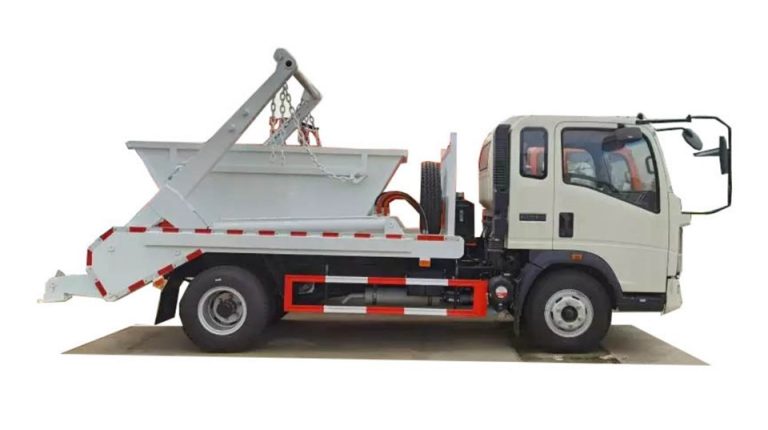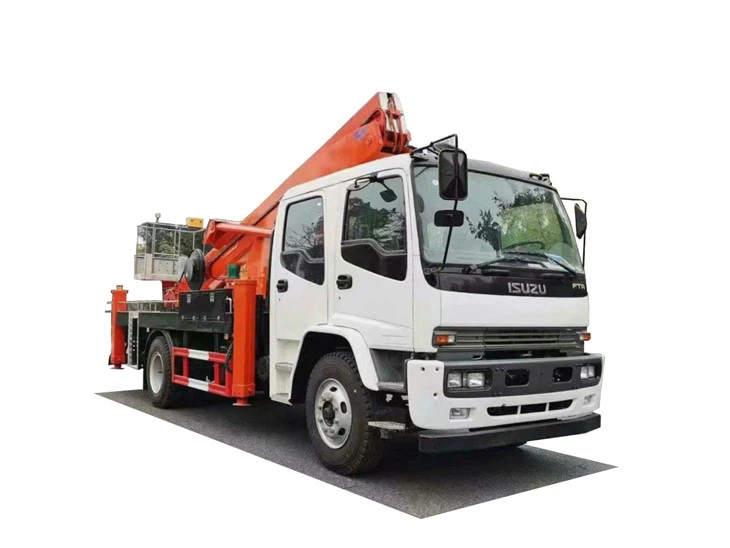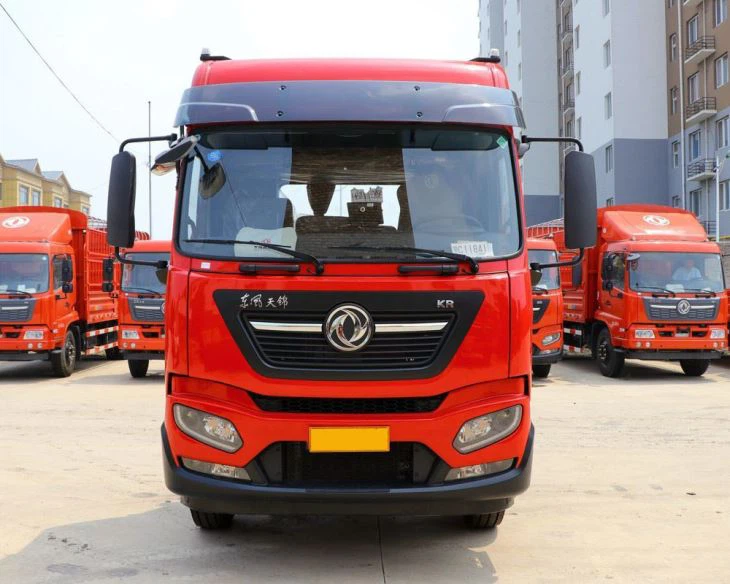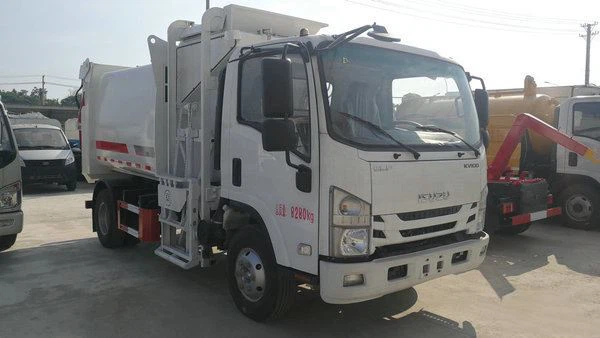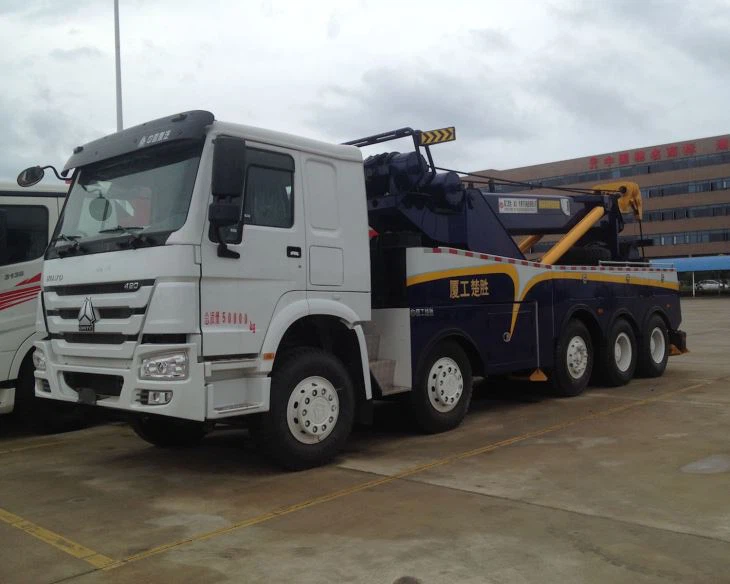When it comes to waste management, a refuse truck is an essential asset for any community or business. With numerous options available, it can be challenging to find the right refuse truck for sale that meets your needs. In this comprehensive article, we will explore different types of refuse trucks, the factors to consider before purchasing, and tips to maintain your vehicle. Additionally, we’ll provide you with practical examples, insights, and frequently asked questions to assist you in making an informed choice.
Understanding Refuse Trucks
Refuse trucks, also known as garbage trucks or waste collection vehicles, are designed to transport waste from collection points to disposal sites. They come in various configurations, sizes, and types, catering to different waste management needs.
Types of Refuse Trucks
1. Front-Loader Trucks
Front-loader trucks use hydraulic arms to lift and empty waste bins from the front. They are ideal for commercial waste management due to their efficiency in handling large volumes.
2. Rear-Loader Trucks
Rear-loader trucks have a doorway at the back where collectors can toss waste. They are commonly used for residential waste collection and can handle smaller loads efficiently.
3. Side-Loader Trucks
Side-loader trucks feature an automated arm that collects waste from the side. This design minimizes worker involvement and can operate efficiently on narrow streets.
4. Roll-off Trucks
Roll-off trucks are used for transporting larger waste containers that can be rolled off the truck at the site. These are perfect for construction sites and major cleanouts.
Key Features to Look for in a Refuse Truck
- Load Capacity: Understanding your typical waste volume is essential for selecting a truck with adequate capacity.
- Fuel Efficiency: Opt for models that offer fuel efficiency to reduce operating costs.
- Durability: Choose trucks made from robust materials capable of withstanding harsh working conditions.
- Safety Features: Look for trucks equipped with cameras, blind-spot sensors, and parking brakes to ensure the safety of employees and the public.
Factors to Consider When Buying a Refuse Truck
1. Your Specific Needs
Understanding your waste management requirements is crucial. Consider the type of waste, volume, and collection areas. For instance, residential areas may require a different design compared to industrial zones.
2. New vs. Used Trucks
Deciding between new and used trucks can significantly affect your budget. New trucks often come with warranties and the latest technology, whereas used trucks can offer cost savings.

3. Budget Considerations
Establishing a budget is necessary when searching for a refuse truck for sale. Remember to account for operational costs, insurance, maintenance, and spare parts.
4. Leasing vs. Buying
Leasing a refuse truck can be more advantageous for businesses that experience fluctuating demand. Buying is more suitable for long-term operations.
Where to Find Refuse Trucks for Sale
1. Online Marketplaces
Websites like Truck Paper, eBay, and Commercial Truck Trader list numerous refuse trucks for sale. Filter your search based on specifications, price, and location.
2. Dealerships
Visit local or regional dealerships specializing in commercial vehicles. They often provide the opportunity to test drive and inspect trucks in person.
3. Auctions
Participating in truck auctions can lead to significant savings. Government and municipal auctions frequently feature used refuse trucks.
4. Refuse Truck Manufacturers
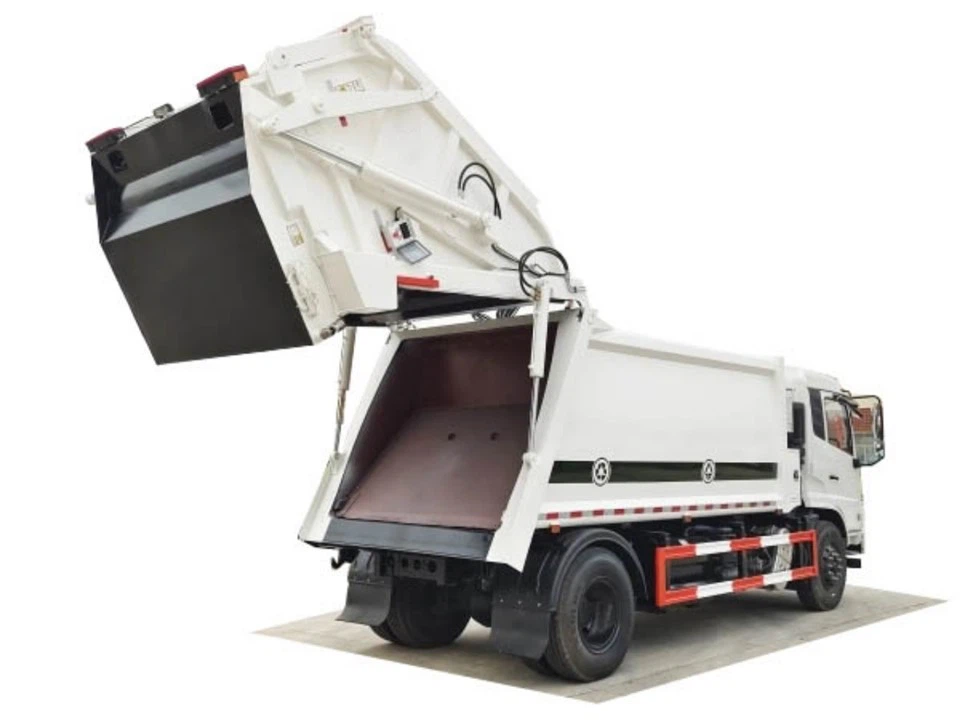
Contacting manufacturers directly can provide you with both new and certified pre-owned options that meet your specifications. Some well-known brands include Mack, Volvo, and Peterbilt.
Financing Your Refuse Truck
Financing options are available when purchasing a refuse truck, helping ease the financial burden. Here are common financing methods:
1. Traditional Bank Loans
Consider applying for a bank loan that offers competitive interest rates and flexible payment terms.
2. Equipment Financing
Specific lenders offer financing tailored for purchasing equipment, including refuse trucks. This often involves lower down payments.
3. Leasing Agreements
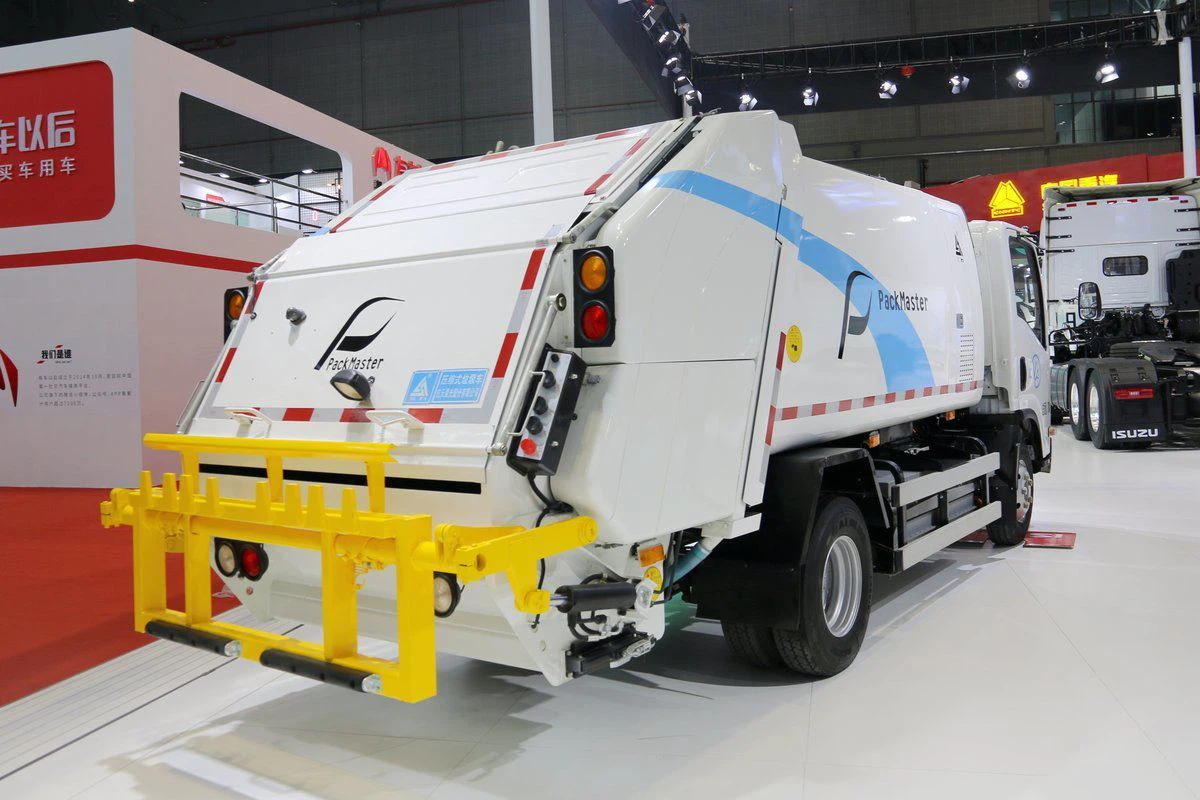
Leasing a truck allows you to use it for a fixed term while making monthly payments, giving you the option to purchase at the end of the lease.
Maintenance Tips for Refuse Trucks
Proper maintenance is vital to ensure your refuse truck operates efficiently. Here are some tips:
1. Routine Inspections
Conduct regular inspections of brakes, tires, lights, and hydraulic systems to ensure everything functions correctly.
2. Clean the Vehicle Regularly
Because refuse trucks handle waste, regular cleaning can prevent buildup and potential odors, improving overall hygiene.
3. Schedule Preventative Maintenance
Work with a trusted mechanic to schedule routine oil changes, filter replacements, and necessary repairs.
Practical Examples of Refuse Truck Usage
| Scenario | Type of Refuse Truck Suggested | Reason |
|---|---|---|
| Residential Waste Collection | Rear-Loader | Efficient for managing regular household waste. |
| Commercial Waste Disposal | Front-Loader | Handles larger waste volumes and frequent pickups. |
| Construction Sites | Roll-off Truck | Ideal for transporting large debris and construction waste. |
| Narrow Streets | Side-Loader | Can navigate tight spaces while reducing manual labor. |
FAQs About Refuse Trucks for Sale
1. What is the average cost of a refuse truck?
The average cost of a new refuse truck ranges from $250,000 to $500,000, while used trucks may cost between $50,000 and $200,000, depending on their age and condition.
2. How long do refuse trucks typically last?
With proper maintenance, refuse trucks can last between 10 to 15 years, though some may operate effectively for even longer.
3. Are there any special licenses required to operate a refuse truck?
Yes, operating a refuse truck often requires a commercial driver’s license (CDL) with specific endorsements depending on the vehicle size and weight.
4. How can I improve the fuel efficiency of my refuse truck?
Regular maintenance, proper driving techniques, and monitoring weight loads can help improve fuel efficiency and reduce operating costs.
5. What are the most common brands for refuse trucks?
Popular brands for refuse trucks include Mack, Volvo, Peterbilt, Kenworth, and International.
6. Can I customize my refuse truck?
Yes, many manufacturers offer customization options for refuse trucks, including specialized compartments for recycling and different lifting mechanisms.
